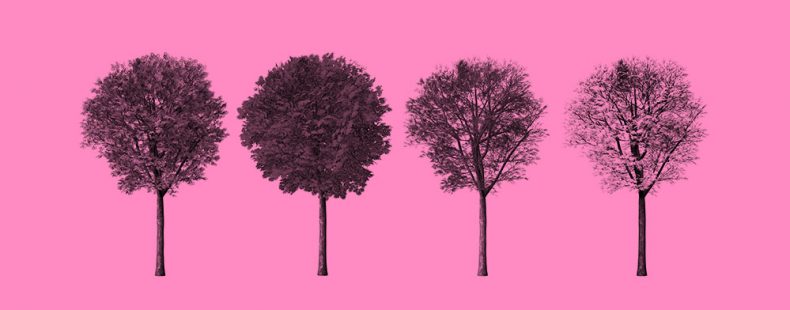As a general rule, when you’re using the name of a season in a sentence as a noun or an adjective, it shouldn’t be capitalized. The names of the seasons—spring, summer, fall/autumn, and winter—are common nouns rather than proper nouns. This means they use lowercase letters as in the words afternoon and month rather than uppercase letters as in Friday or August. That may seem strange considering the seasons refer to specific time periods, but you don’t need us to tell you that English is often a strange language.
There are only a few times when seasons should be capitalized, including when they’re used as proper nouns, when they start a sentence or when they’re personified.
✏️Capitalization tips
Because the names of seasons are common nouns, they aren’t capitalized unless a specific grammatical rule says they should be. Typically, seasons are only capitalized at the beginning of sentences or when used as proper nouns, such as in titles or in personification.
When a season is used in a sentence as a common noun or an adjective, it should begin with a lowercase letter. The same rule applies to the words springtime, summertime, and wintertime when they’re used as nouns in a sentence.
For example, consider this line from Charlotte’s Web by E. B. White: “The barn was pleasantly warm in winter when the animals spent most of their time indoors, and it was pleasantly cool in the summer when the big doors stood wide open to the breeze.” In this case, the seasons winter and summer are not capitalized because they’re used as common nouns.
When to capitalize seasons
At the start of a sentence
As with the usual sentence capitalization rules, the name of a season should be capitalized when it comes at the beginning of a sentence, such as “Winter is my favorite season.”
When used as a proper noun
A season should be capitalized when it’s used as part of a proper noun (a noun that describes a particular person, place, or thing) as in Winter Olympics or the Winter Palace. Proper nouns also include titles of creative works, so the seasons follow the rules that govern all other nouns and adjectives when used in titles. Some examples of this rule include the books Silent Spring by Rachel Carson and One Crazy Summer by Rita Williams-Garcia, the song “Summer of ‘69” by Bryan Adams, and the 1997 film I Know What You Did Last Summer.
When personified
In poetry and other literature, personification is giving an animal, inanimate object, or abstract notion the qualities and attributes of a human. When a season is used this way, it should be capitalized.
Take, for example, this passage from “Summer,” a poem by Charles Mair:
We will muse on Summer‘s ploys:
How no partial gifts are hers,
But now the palms and now the firs
Are dozed with kisses balmy-sweet
From lips which breathe a pulsing heat.
In this poem, Summer is capitalized because the season is being discussed as though it’s a person whose name is Summer, which would make the word Summer a proper noun.














